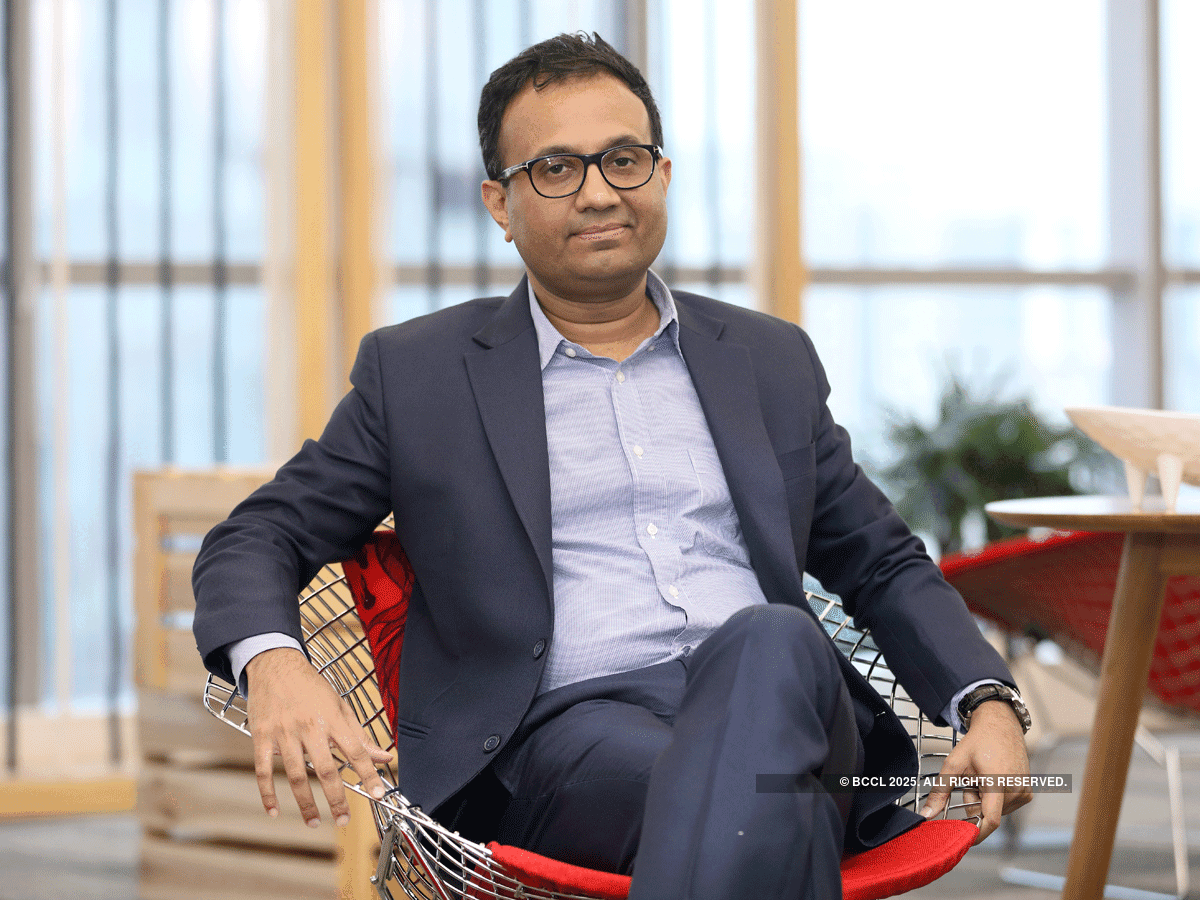
Facebook India MD Ajit Mohan said Facebook doesn’t profit from hate speech of any kind.
Speaking publicly for the first time after the recent controversy around not banning influential people posting hate messages on its platform, Mohan told TOI: “It’s not good for us, not for people on the platform. There is no constituency that benefits from hate speech…(We) lean in as much as we can to both enforce our community standards and keep all kinds of harm away from the platform.”
Asked about the alleged delayed action in banning BJP MLA Raja Singh for his hate messages, Mohan said what has been missed by most people during recent discussions is that Raja’s hate messages were taken off in 2018 and 2019.
He indicated the issue of banning someone from the platform is a more complicated one, and Facebook was close to concluding that evaluation on Raja when the controversy broke. “The bias is for more speech to be on the platform than less. If it’s the speech of an elected official, the idea is that the voters and constituents should be able to make a call for themselves in terms of the nature of that speech…we should not be in a position, which is possible, of censorship, of speech from elected officials or political leaders. But having said that, there is no exception for hate speech and therefore even in this case, going back to 2018, we have taken down content that violated our community standards on the platform,” he said.
Facebook banned Singh earlier this month, a few weeks after the Wall Street Journal wrote that it had not banned Singh because of pressure from the ruling BJP.
Mohan, who took over his current role 20 months ago, said Facebook’s commitment towards curbing hate speech has been visible in the last three years. He said it removed over 22 million pieces of hateful content from the platform in the June quarter. This was just about 1.7 million in the December quarter of 2017. “That’s the multiplier movement between 2017-end and mid-2020. We have made enormous investments in automation and AI to make sure we are dramatically improving our capability to pick up content that violates our community standards, including hate speech, even before people report them. Of all the content pieces taken down, more than 90% were identified by these automated systems,” he said.
Mohan said there are also more than 35,000 people who work on issues linked to safety and security which include enforcement of Facebook’s community standards. “That’s a big shift over the last 2-3 years. Besides investing in automation capabilities, we have human reviewers to identify hateful content before users report it,” he said.
Early this month, Mohan was called before a Parliamentary panel to discuss the alleged misuse of the social media platform. He was also summoned by the Delhi Assembly on the matter. Union IT minister Ravi Shankar Prasad wrote to Facebook CEO Mark Zuckerberg accusing the India management of deleting pages to reduce the reach of “right-of-centre ideology.”
Asked about criticism that Facebook is succumbing to demands from political parties in power, Mohan said it doesn’t look at party affiliations or any kind of other criteria, apart from taking an objective view of things – whether something violates its guidelines or not. “There are established protocols for legal orders. When there are legal orders for content take-down that involve issues related to law enforcement, security of all kinds, we honour that,” he said.
Asked about 41 NGOs around the world writing to Zuckerberg demanding that the India public policy head Ankhi Das be sent on administrative leave for her alleged role in perpetuating hate speech on the platform, Mohan said Facebook follows processes and systems designed to make sure that content policies meet community standards and no one individual can make an unilateral decision.
“We feel comfortable that the decisions that have been taken on the content enforcement side are objective and non-partisan. We take it extraordinarily seriously that we need to be neutral as a platform. Second, it’s important to highlight that the public policy team that Ankhi leads as part of my team is separate from the content policy team that enforces these decisions. In India, it’s separate and independent. In this case, public policy in India was not a decision maker,” he said.
Leave a Reply